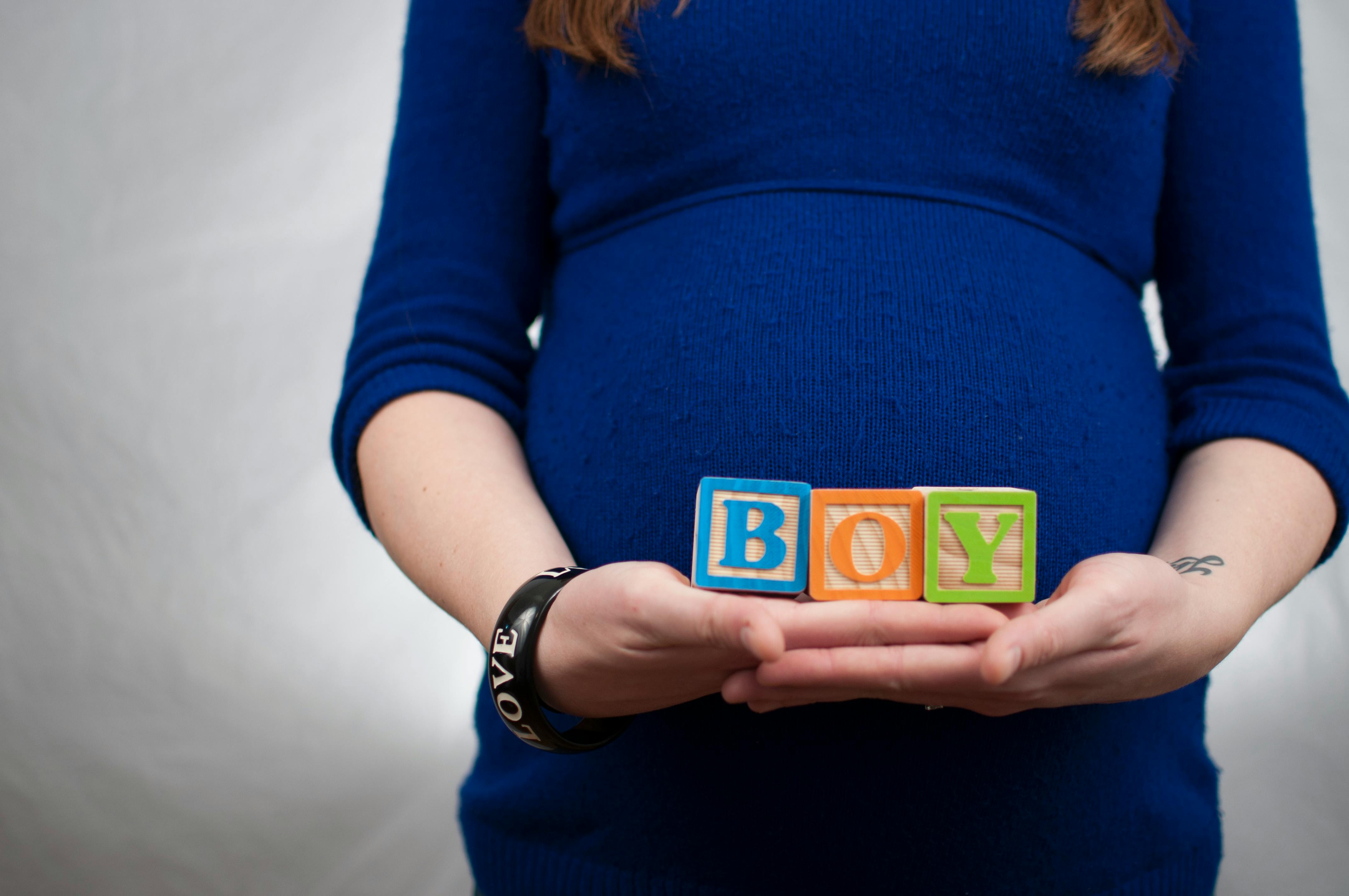Study findings revealed a rise in mood disorders such as anxiety, depression, and post-traumatic stress disorder (PTSD) among pregnant women and new mothers.
Recent studies have illuminated a significant shift when it comes to maternal mental health, showing an increase in the diagnosis and treatment of mental health issues among pregnant and new mothers. This shift reflects a growing recognition within the healthcare system of the critical need to address these conditions effectively as more and more women seek help.
Research published in the Health Affairs journal, led by Stephanie Hall, a postdoctoral fellow at the University of Michigan Medical School, analyzed private insurance claims data spanning from 2008 to 2020. The findings revealed a notable rise in the diagnosis of mood disorders such as anxiety, depression, and post-traumatic stress disorder (PTSD) among women either during pregnancy or in the first year after giving birth.
By 2020, the rate at which women have started to seek help and were, thus, diagnosed with such mood disorders during these periods nearly doubled compared to 2008, with more than one in four women affected. Furthermore, the study observed a fourfold increase in PTSD diagnoses among this demographic, highlighting the escalating awareness and identification of these issues.
The increase in the number of individuals who seek treatment and receive diagnoses has equated to an increase in the number of women receiving talk therapy. In fact, this rate more than doubled, particularly for those diagnosed with anxiety, depression, or PTSD. Additionally, there was a significant uptick in the prescription of antidepressants, with nearly half of those diagnosed with pregnancy-related depression receiving medication by 2020.

These findings suggest a positive trend towards acknowledging and addressing mental health issues in pregnant and new mothers. The increase in both diagnosis and treatment rates could be attributed to several factors, including the implementation of the Affordable Care Act (ACA) and enhanced screening and treatment guidelines. Since the ACA’s introduction and the expansion of insurance plan offerings through its marketplaces in 2014, there has been a sharp increase in the diagnosis of mood disorders and the initiation of therapy and medication for affected women.
Despite these advances, the research also sheds light on persisting disparities in the diagnosis and treatment of mental health issues among pregnant and new mothers, particularly along racial lines. White women were more likely to be prescribed antidepressants and diagnosed with pregnancy-related PTSD than women of other races. This discrepancy is concerning, given that the incidence of PTSD is higher among people of color during and after pregnancy.
The study further notes an increase in mood disorder diagnoses among Black expecting and new mothers, indicating a need for continued efforts to ensure equitable access to mental health care for all women, regardless of race.
The implications of perinatal mental health are far-reaching, affecting not only the mothers but also their babies and families. Timely diagnosis and treatment have been shown to mitigate the most severe outcomes of pregnancy-related mood disorders, including a reduction in suicidal thoughts and actions among those receiving care.
As the healthcare system evolves to better recognize and treat mental health issues in pregnant and new mothers, it is crucial to continue improving access to care and addressing existing disparities. The progress observed in recent years offers hope for more effective support and outcomes for mothers and their families, highlighting the importance of mental health care during this critical stage of life.
Sources:
Women more likely to get treated for mental health issues around pregnancy
The importance of depression during pregnancy
Untreated Depression During Pregnancy and Its Effect on Pregnancy Outcomes: A Systematic Review


Join the conversation!